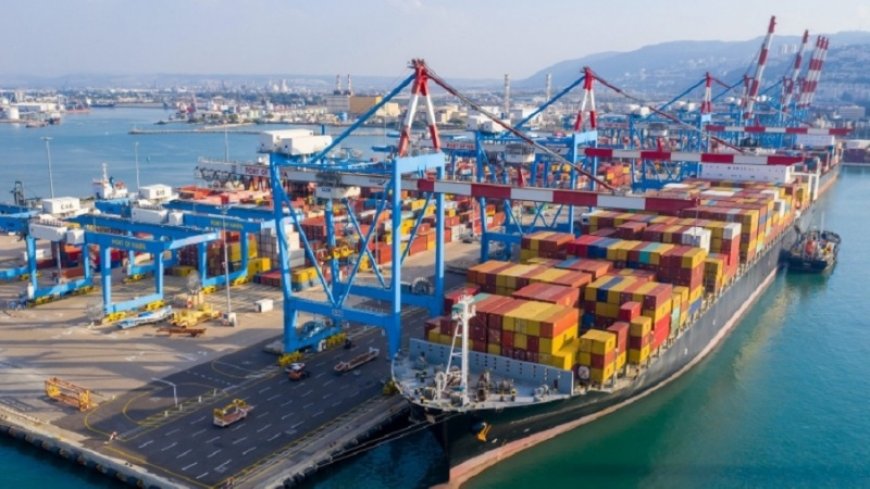Yemen and Iraqi Resistance Launch Joint Missile Operation on Haifa Port
Coordinated Attack Targets Vital Israeli Infrastructure

In a significant escalation of regional tensions, the Yemeni Armed Forces, in partnership with the Iraqi Islamic Resistance, have launched a missile strike on a critical target in Israel's Haifa port. This joint operation underscores the increasing collaboration between resistance groups in the Middle East.
General Yahya Seri, spokesman for the Yemeni Armed Forces, announced the operation, stating that several cruise missiles were deployed to hit a vital target in Haifa. The coordinated attack marks a bold move in the ongoing conflict dynamics in the region.
"This operation was carried out in partnership with the Iraqi Islamic Resistance," Seri said in a statement, highlighting the cross-national cooperation. The exact nature of the targeted facility in Haifa has not been disclosed, but its designation as "vital" suggests significant strategic importance.
Continued Operations and Support for Palestine
The Yemeni Armed Forces declared that this joint military effort with the Iraqi Islamic Resistance is part of a broader campaign to support the Palestinian people. "We will continue our operations until the attacks on Gaza cease and the blockade is lifted," the statement read, signaling a sustained campaign against Israeli targets.
Escalation Against Western and Israeli Interests
In addition to the Haifa port strike, Yemen has reportedly conducted four separate military operations against vessels belonging to the United States, the United Kingdom, and Israel. These actions further escalate the conflict and demonstrate the widening scope of Yemen's military engagements.
Regional and Global Implications
The joint operation by Yemeni and Iraqi forces represents a notable development in the Middle East's complex geopolitical landscape. It highlights the growing alliance between various resistance groups and their willingness to take significant risks to challenge Israeli and Western interests.
Responses from International Actors
The Israeli government has not yet issued an official response to the missile strike on Haifa. However, such attacks are likely to prompt heightened security measures and possible retaliatory actions. The United States and the United Kingdom, both of which have had vessels targeted, are also expected to respond, potentially increasing military presence in the region to safeguard their interests.
Background and Broader Conflict
This missile operation comes amid heightened tensions and ongoing conflict involving Israel and various resistance groups in the Middle East. The recent violence in Gaza has drawn widespread condemnation and has intensified calls for international intervention and peace negotiations.
The involvement of Yemeni and Iraqi forces in direct attacks on Israeli targets signifies a potential shift in the conflict's dynamics, possibly leading to broader regional instability. The international community will be closely monitoring these developments, with significant implications for diplomatic and military strategies in the Middle East.
As the situation evolves, the potential for further escalations remains high. The ongoing military operations by Yemen and Iraqi resistance groups suggest a concerted effort to exert pressure on Israel and its allies. The global community's response will be critical in determining the future trajectory of these conflicts and efforts toward achieving stability and peace in the region.













































